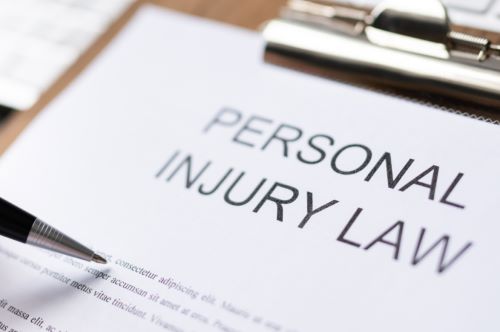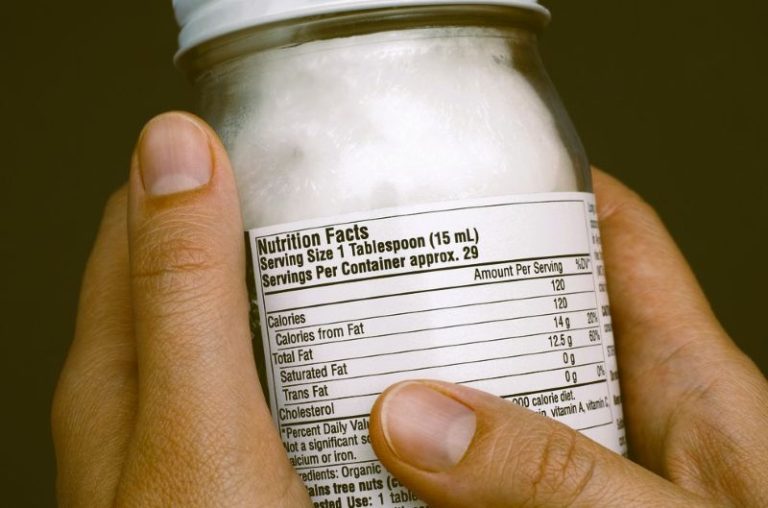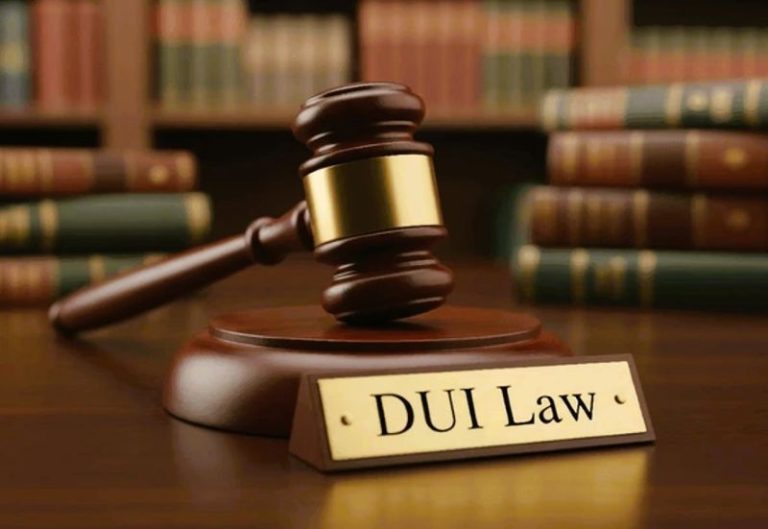

Personal injury cases don’t clog up the courts much. That’s because, many times, the parties settle before a trial becomes necessary. It’s rare when the two sides can’t reach an accord and must hash out the matter with a judge and jury’s involvement.
Achieving justice with personal injury settlements sometimes becomes necessary. Neither party may feel entirely happy with the outcome, but if someone wronged you, you’ll walk away with some money, and that beats not getting anything.
Many individuals don’t fully understand how personal injury cases or settlements work. It’s worth talking about, since you might face one of these situations at some point during your life. We’ll break down these concepts in detail right now.
What is a Personal Injury Case?
First, let’s run down the whole personal injury concept. Personal injury cases constitute court cases where one person or entity allegedly harms another.
Medical malpractice cases qualify. You might also sue a dog’s owner if it bites you. If a company makes a product that harms you, you might sue the company. You may also sue another driver if they hit your vehicle and injure you or kill one of your passengers.
Personal injury cases aren’t criminal cases. The court system considers them civil cases. That means if you sue someone and can’t settle, the trial will play out in civil rather than criminal court.
If an entity or person harms you, they may face criminal charges as well as civil ones. You won’t bring any criminal charges, though. That’s not your job. The police, assistant district attorney, or district attorney will handle that side of things.
How Does Suing Someone Work?
If you feel that a person or entity harmed you, you’ll likely consult with a lawyer first. You must find one who you think meets the necessary qualifications. That often involves looking around online at some attorneys or law offices near you. You need to find a lawyer who not only has the skills and experience you need but also doesn’t work too far away.
When you visit the lawyer at their office, or sometimes when you do a Zoom call with them, you will talk about your case. You’ll mention what happened, and they’ll ask you some questions. They’ll want to know many details, and you shouldn’t leave anything out. Don’t embellish any details or lie, either, since that might come back and bite you later.
If the lawyer feels they can represent you based on what you’re saying, you can officially hire them. Then, your attorney will get to work. They will probably have investigators working for them, and you’ll need all of their skills to gather as much material evidence as possible.
What Kind of Evidence Do You Need?
You might feel positive a person or entity harmed you, and they’re liable. However, that does not necessarily mean you can easily prove it. That is why you must collect as much evidence as possible, usually with your lawyer and their investigator’s help.
The investigator might find video evidence of the event. They might find a police report if one exists. They may discover social media posts you can use as evidence. You might require a doctor’s report that mentions your physical condition if that’s relevant.
The more proof you can find, the more likely you’ll win your case. However, the person or entity that harmed you might very well settle rather than go through the long and laborious trial process.
How Does a Settlement Work?
If the person or entity who harmed you hears you’re suing them, they’ll presumably get their own lawyer. If you’re suing a big, prominent company, they might very well have a whole team of lawyers.
If you have abundant evidence that makes it obvious that this person or entity harmed you, their lawyer might look at that evidence and recommend they settle. They will extend an offer, usually through your attorney. Your lawyer will duly report that settlement offer, and then you can discuss it.
You and your lawyer will certainly talk it over, but you might bring your family in on the conversation as well. Your family might feel you should take the offer if they think the offered amount makes sense.
They probably realize that these trials, if the lawsuit gets that far, can drag out over days or weeks. They’re a lot of bother, and maybe you and your family would prefer that you not go through it.
If you take the settlement offer, then you must pay your lawyer. Remember that they investigated your case and offered their expert legal assistance. That’s why they’ll often get anywhere from 30-40% of the amount the defendant offers you.
You can keep the rest, and you may need it for medical bills. Maybe you had to miss work while you recovered following the injury or illness for which you’re suing someone, and you need the money for that. However, it’s also possible you don’t feel the money the defendant offers meets your pain and suffering amount.
What Happens if You Reject the Settlement Offer?
If you reject the settlement offer, the person or entity that harmed you might offer more, or they may go to trial instead. If you head to trial, that does not mean you and the defendant can’t still settle.
Maybe the trial will last a few days, and the defendant may feel it’s going against them. Their lawyer might recommend that they increase the settlement offer. If you’re suing a large corporation, they probably have that money in reserve.
If you agree to the larger settlement amount, you might come away feeling satisfied. You must still pay your lawyer, but perhaps you’ll feel you got the justice you wanted.
Many times, if the person or entity settles, they still won’t admit their guilt. If you don’t care about that much, though, you might feel fine taking the money and considering the matter closed.


